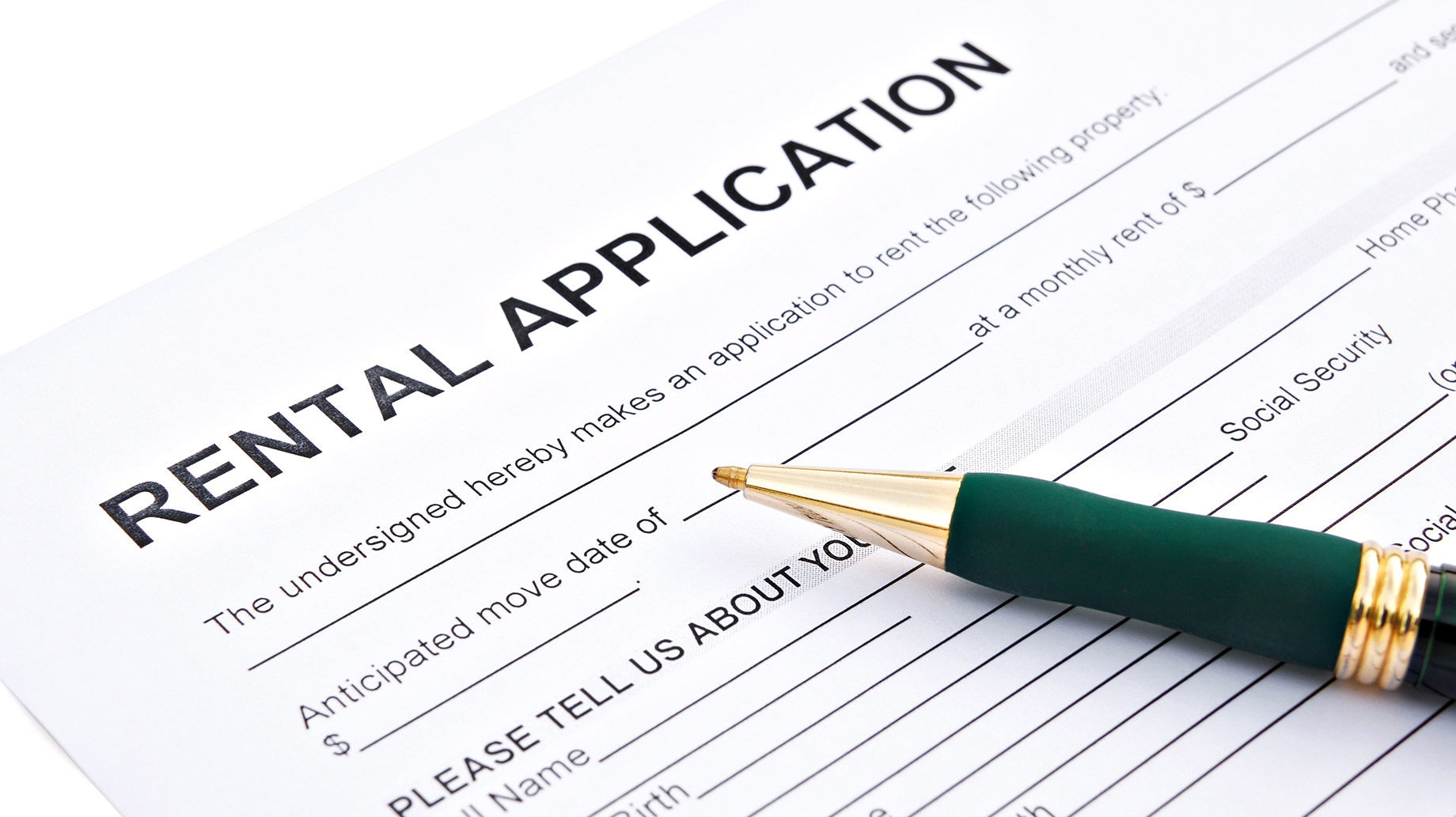
Getting tenants to fill your rental property can be easy. However, getting the right calibre of tenants can be pretty challenging. Sometimes, you might get troublesome occupants, while other times, you may get tenants who tend to delay their rental payments. Any of these instances can jeopardize your property management plans.
One of the critical steps to ensure you get the right tenants is performing a tenant screening process. You can do so through conventional methods, like requiring references. In addition, you can also incorporate current technologies, such as landlord software programs that have tenant screening features. Screening prospective tenants can help ensure a cohesive future tenant-landlord relationship. To help you go about this process, here are some tenant screening tips you need to know:
1. Follow Local Housing Regulations
While you want to get some of the best tenants for your property, your screening process must follow existing laws and regulations. This ensures that you avoid potential future litigation. In addition, it helps assure the prospective tenants that you’re fair and transparent.
For instance, if you’re in the United States, following the fair housing act (FHA) is essential. The act outlines landlords’ ethics code. Thus, you can screen prospective tenants objectively regardless of gender, religion, race, or other discriminative bases. By following the provisions in the FHA, you can protect yourself from potential future discrimination claims.
Furthermore, during the screening process, you’ll handle various personal data. Therefore, ensuring you adhere to privacy rules and policies would be best. Keeping personal data secure is crucial. Thus, you must comply with provisions from privacy bodies, like the general data protection regulation (GDPR). In some locations, you may need to register your local information offices.
Everything from how to report bad tenants to how to handle tenant screening data should be well outlined in the local housing regulations. Plus, you can always consult a legal professional if you have any doubts or concerns.
2. Provide A Rental Application Form
A rental agreement is like other business agreements. Therefore, you must ensure you have relevant information to proceed with the contract. Such data can help you make an informed decision on which applicant best suits your selection criteria. There are templates of rental application forms on the Internet. Hence, you can use them as a guideline if you aren’t sure how to structure one.
The rental application form includes names, contact details, proof of identity, and social security numbers. It should also have a provision for current address and employment details. Given that you may want to check on their previous residency, there should be space for the previous landlord’s details.
It’s essential to note that you may need to do background and credit checks on your potential tenants, if necessary. Therefore, you should clearly state this on the form. Thus, the clients will know that by filling and signing the form, they’re giving consent to conduct these checks.
3. Conduct Background Checks
Health and safety on your property are your responsibility. Therefore, you wouldn’t want a tenant who might endanger other tenants on your property. A relevant background check is one step that can help you fulfil this responsibility. Thus, checking a potential tenant’s criminal history is crucial.
You can also check with the previous landlords on the general conduct of the tenant. For instance, if they have a history of defaulting on rent. They may also have a habit of destroying property. If these return positive results, they’re definite red flag indicators. Thus, you can strike them off your list.
Additionally, it’s also vital to conduct a credit check. You should note, however, that this step requires the potential tenant’s social security number. Therefore, it’d be best to refer to data privacy regulations. You can also perform other background checks depending on your location and requirements. But, if you aren’t sure to what extent, you can check tenant background check samples online to help you through.
4. Obtain Proof Of Identity
Potential renters can fill out forms with relevant details, including identity numbers. However, you should request to see original copies of such. You can take a photo or make a photocopy for your records.
With the current technological advances, various individuals can forge identity documents and present them as valid. However, a little digging can help you verify this. You can further look up their license plate to corroborate their other documents. Getting proof of identity can help you in the future if authorities need to access your records.
5. Conduct Physical Interviews
Even though digital communication provides a convenient exchange of information, it’s also vital for you to meet your prospective renters in person. Such physical interviews can help you get a different perspective regarding their personalities and lifestyles. When done in an informal setting, it can also help build a lasting relationship with the ones you choose.
Conclusion

Choosing tenants for your property comes with its challenges. Therefore, you need a robust screening process to ensure you get the right tenants. Hopefully, the above screening tips can help you land some of the best tenants.